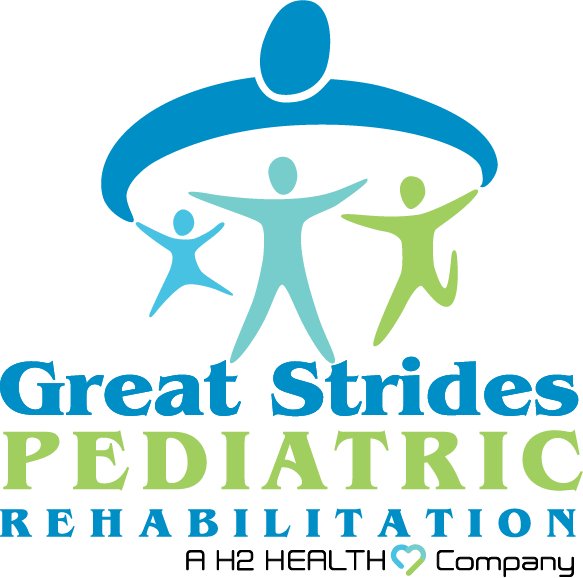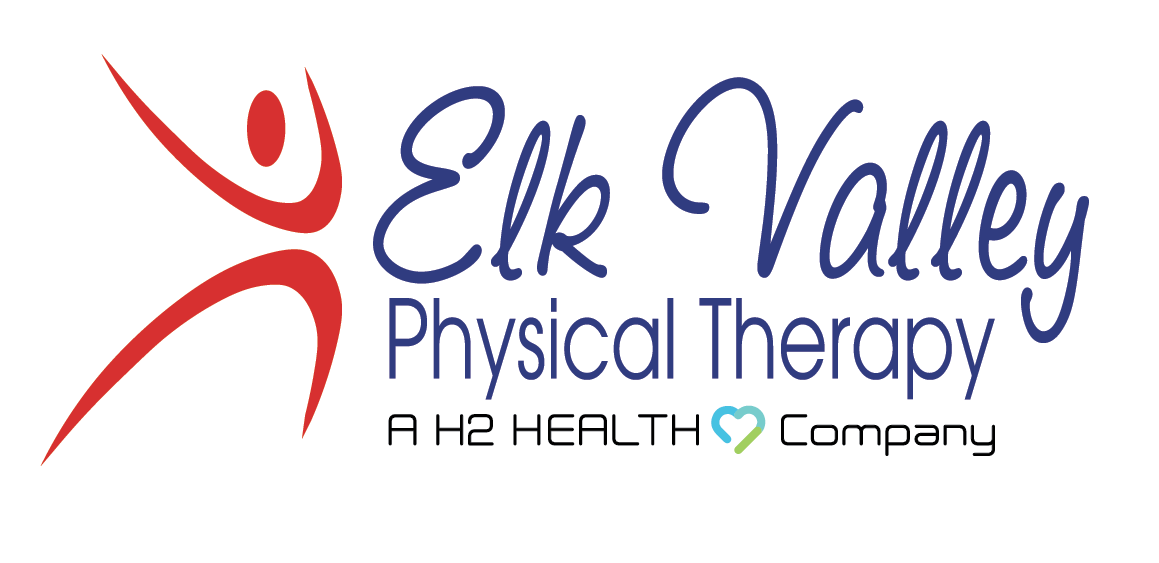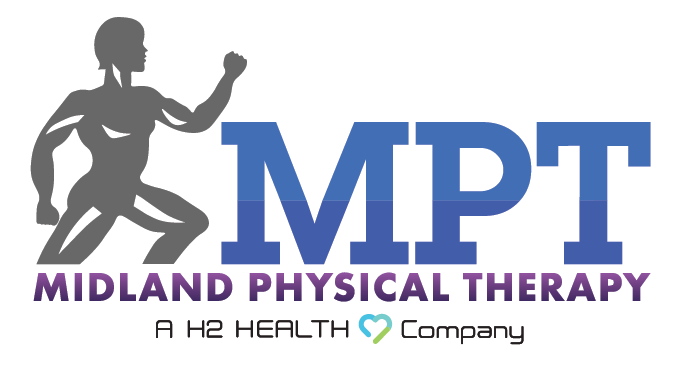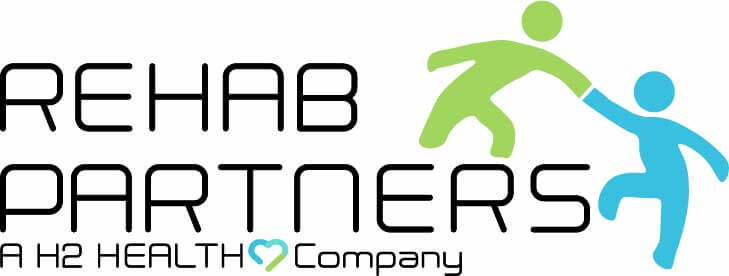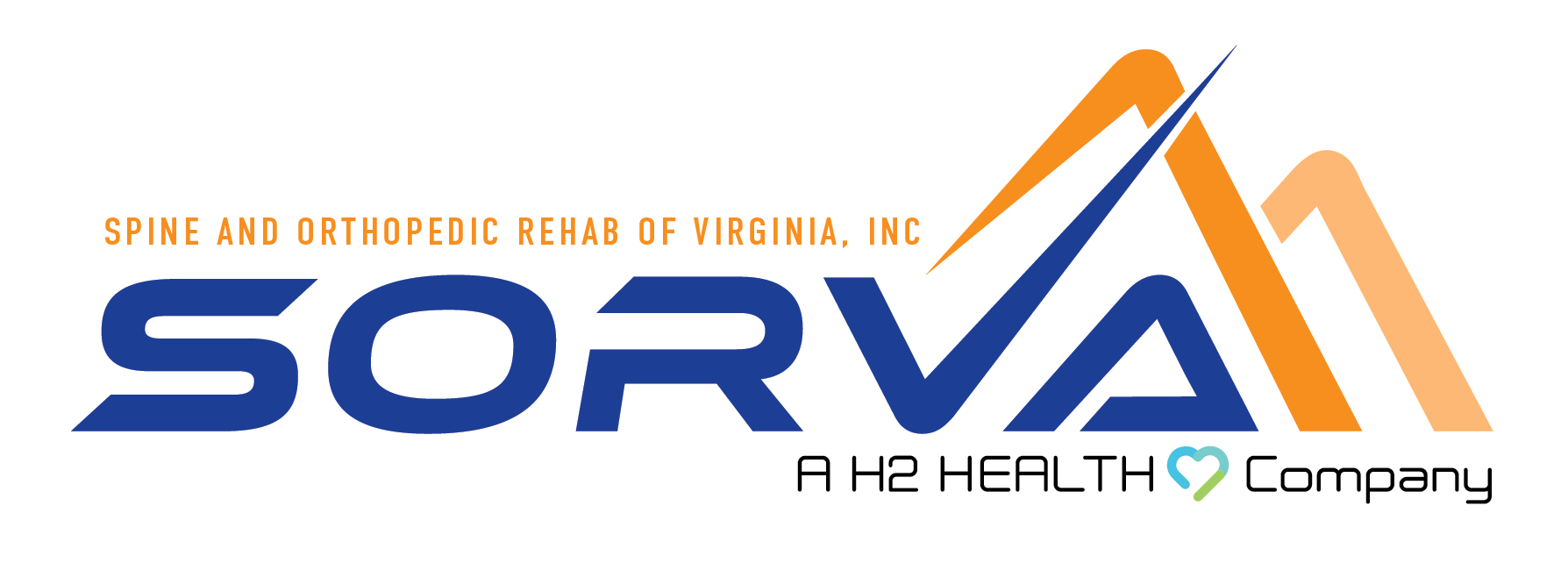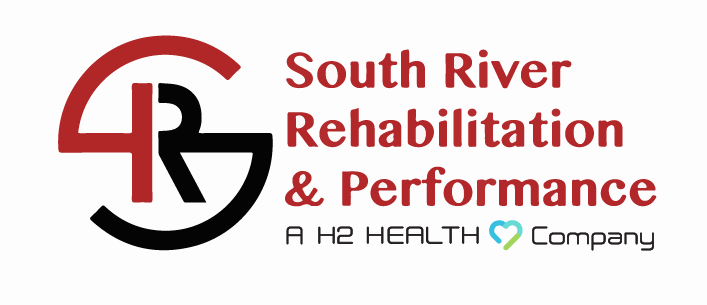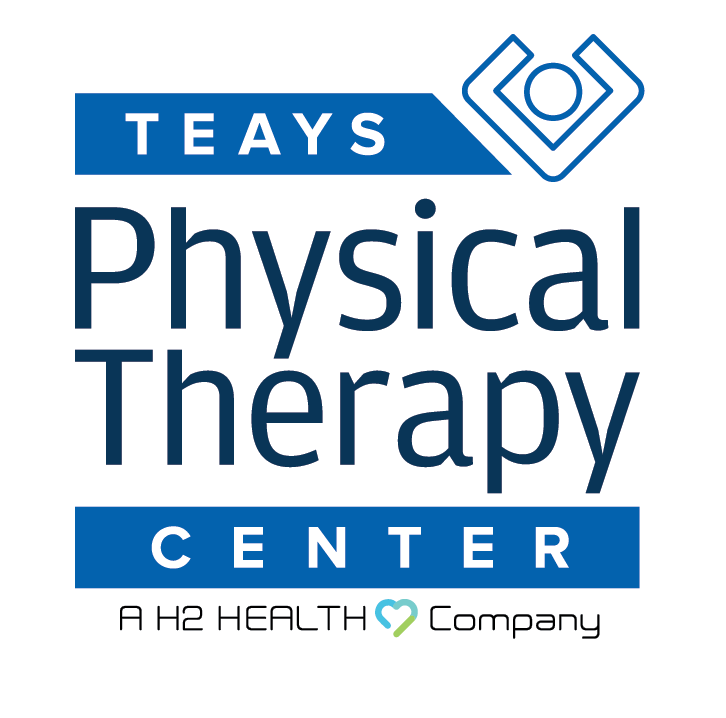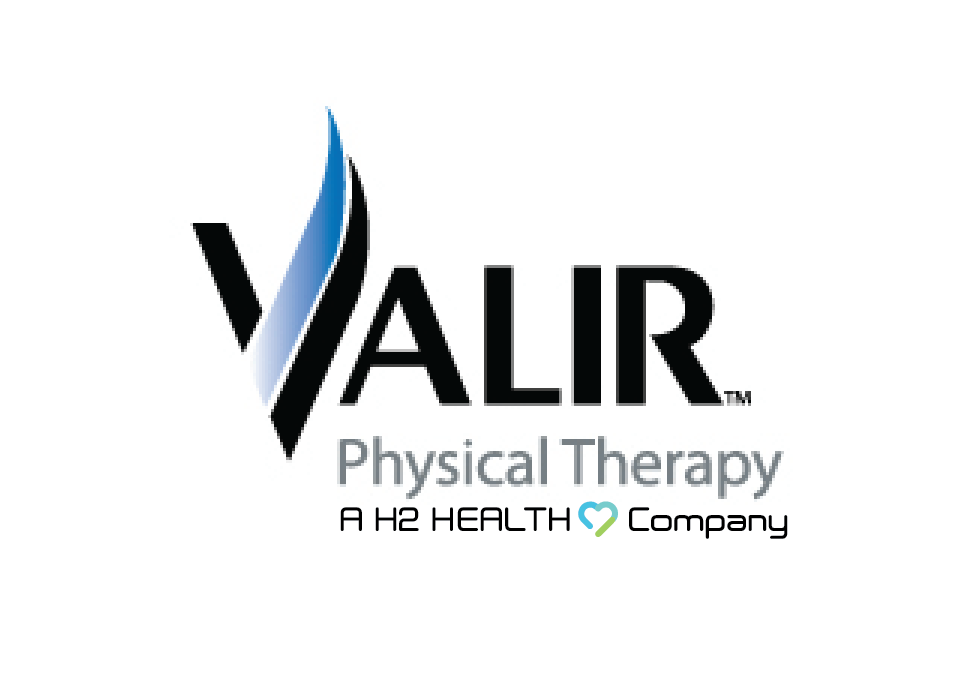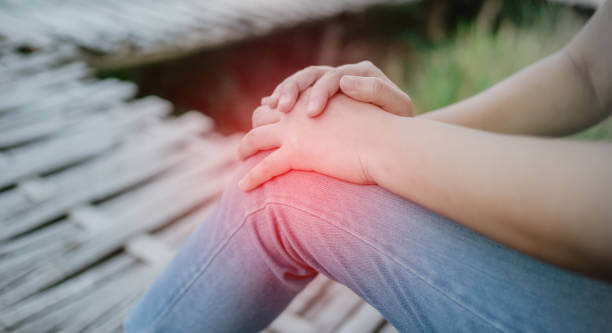
Knee pain can be incredibly uncomfortable and limit your range of motion. It can also prevent you from enjoying all of the activities you love. If you’re experiencing knee pain, it’s important to understand the causes and how to treat it. With the right treatment options, you can relieve the pain and return to living on your own terms.
Here’s what you need to know about relieving knee pain and how to treat, manage, and prevent it.
Understanding the Cause of Your Knee Pain
The first step to relieving knee pain is understanding the cause. Knee pain can be triggered by injuries, overuse, medical conditions, or aging.
The cause of your knee pain will determine the best treatment option for you. Common examples include:
- Overuse or overtraining – You may have strained your knee from too much physical activity or exercise.
- Injury – An acute injury, like a fall or a sports-related accident, can cause knee pain.
- Diseases – Certain medical conditions like arthritis or gout can cause inflammation and pain in the knee joint.
- Age-related wear and tear – During the natural aging process, the cartilage in the knee can break down, causing pain.
The most common orthopedic conditions that cause knee pain are:
Arthritis
Arthritis causes inflammation in the joint and can be extremely painful.
Bursitis
Bursitis occurs when the bursa, or fluid-filled sacs in the knee joint, become inflamed and cause pain.
Tendinitis
Tendinitis occurs when the tendons in the knee become inflamed, usually due to overuse.
Meniscal Tears
The meniscus is a piece of cartilage in the knee. Tears to this can cause pain and limit your range of motion.
Treating Knee Pain
Once you understand the cause of your knee pain, your healthcare provider can begin to work on treating it. Depending on the cause, treatment may include the following:
Rest and Immobilization
Most cases of knee pain can be treated with rest and immobilization. This means avoiding activities that strain the joint and giving it time to heal.
Immobilization can include using a brace, crutches, or cane to reduce strain on the joint.
Medication
You can take anti-inflammatory medication to manage your knee pain. Corticosteroid injections can also help ease the pain you are feeling.
These injections are usually done in your healthcare provider’s office and can provide pain relief for weeks or months.
Physical Therapy
Physical therapy is an important part of knee pain treatment. A physical therapist can help you identify the proper exercises and stretches to help strengthen and stabilize your knee joint.
They may also use other modalities, such as:
- Heat and cold therapy – Heat can help reduce pain and stiffness, while cold can help reduce inflammation.
- Ultrasound – Ultrasound therapy can help reduce swelling, pain, and stiffness in the knee.
Surgery
In some cases, surgery may be necessary to treat your knee pain. Surgery can be used to repair torn ligaments, remove damaged tissue, or replace parts of the knee joint.
But note that surgery is often the last resort for relieving knee pain. Your doctor will only recommend it if you experience the following:
- Knee pain that does not improve with other treatments
- Severe damage to the knee joint
- Deformity or instability of the knee
There are also different kinds of surgical procedures. That means what you need will depend on the type and severity of your knee pain.
Here are some common examples of knee surgeries:
- Knee replacement – This procedure replaces the damaged parts of the knee joint with artificial implants.
- Meniscus repair – Meniscus tears can be repaired with a surgical procedure.
- Ligament reconstruction – Ligaments can be reconstructed using either your own tissues or donor tissue to repair the tears.
No matter what kind of knee pain you’re experiencing, it’s important to visit your doctor to get the proper diagnosis.
Preventing Knee Pain
The best way to prevent knee pain is to take steps to protect your joints. Here are some tips for preventing knee pain:
- Maintain a healthy weight
- Eat a balanced diet
- Do regular exercises to strengthen the muscles around the knee joint
- Wear appropriate shoes when walking or running
- Avoid activities that put too much strain on the joints
- Stretch regularly
Relieving Knee Pain in Jacksonville, FL
Do you need effective and comprehensive care for relieving knee pain in Jacksonville, FL? Look no further than the ever-reliable H2 Health. Our trusted therapists can help you get the care you need for your knee pain. We often create comprehensive treatment plans that combine physical therapy, occupational therapy, and sports medicine to help achieve the desired results for patients.
To learn more about our services or schedule your first appointment with one of our physical therapists, call us today at (800) 699-9395 or fill out our appointment request form online now.
We look forward to being your healthcare partner!

